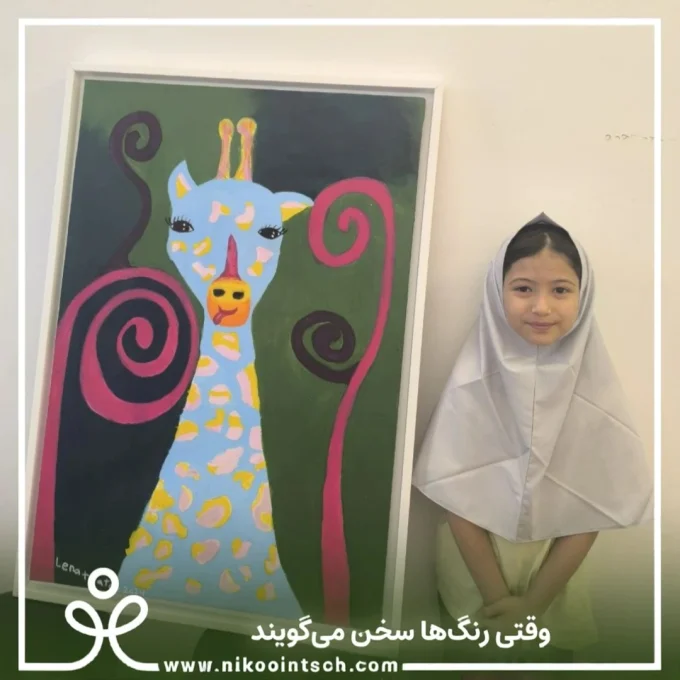Author: Dr. Morteza Majdfar
The Status of Single-Period and Floating Weekly Lessons in SchoolsSingle-period or single-hour lessons in high school schedules, as well as floating weekly lessons in elementary schools—those not taught by the home room teacher—have a peculiar situation.
Imagine a teacher who teaches “Thinking and Research” for two hours a week in a seventh-grade class on Saturdays, or an elementary teacher responsible for a single-period or a one- or two-hour lesson in sixth grade, also scheduled on Saturdays. Typically, these teachers meet their classes 30 times a year, with the possibility of two or three cancellations due to reasonable and unavoidable circumstances. However, now that we are at the end of February, more than half of the school year has passed, and yet, in Tehran, schools have been closed on Saturdays nine times. This means that out of the 30 planned lessons for these subjects, nine sessions have been lost, leaving only 21 remaining.
In reality, if no further unexpected closures occur, the teacher will be forced to cover the same curriculum—originally designed for 30 sessions—in just 21. This issue extends beyond single-period classes; it also affects two- and three-period lessons that have one session on Saturdays and one or two more on other weekdays.
Please, do not say: “When schools are closed, learning does not stop! Online or remote education compensates for it!” Let’s not kid ourselves! We are all well aware of the quality of remote teaching methods, the limitations of existing equipment and platforms, and the varying levels of teachers’ familiarity with virtual instruction. Add to this the inequality in access to essential resources—internet connectivity, electricity, and necessary devices such as mobile phones, computers, and laptops. Consider also the presence (or absence) of parents during online learning sessions, and the countless other challenges associated with remote education.
As a result, not only has the quality of education suffered, but more importantly, school-based social learning and skill development have been sacrificed. At the same time, we have deepened educational inequality, which inevitably leads to greater social injustice.
To the All-Knowing Officials of This Country!
Enough is enough! End these unnecessary school closures and stop sabotaging educational justice!












